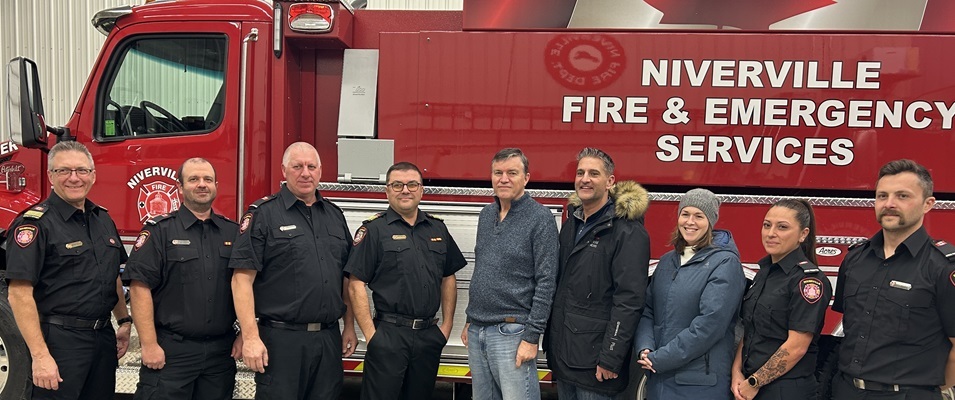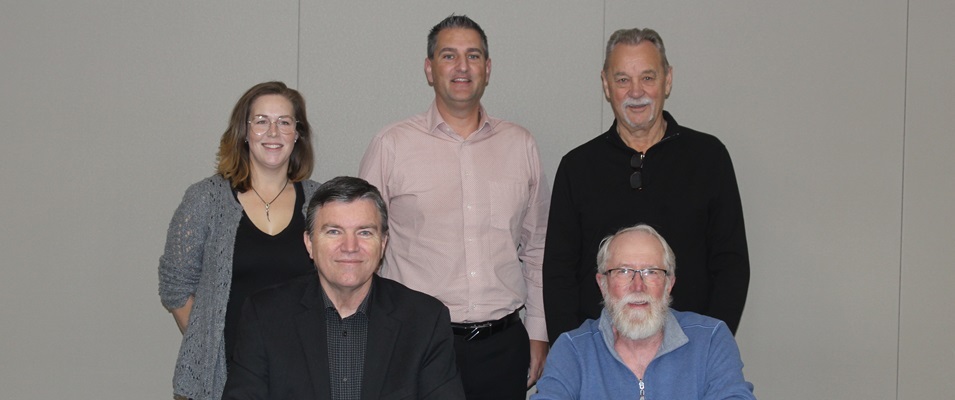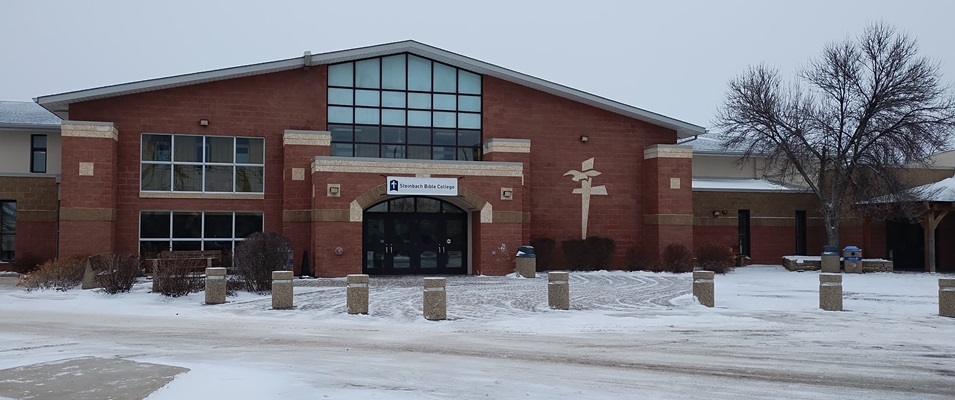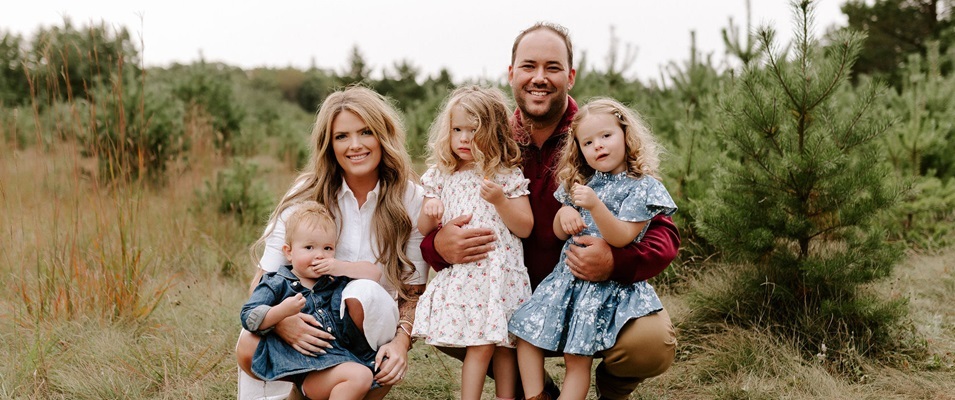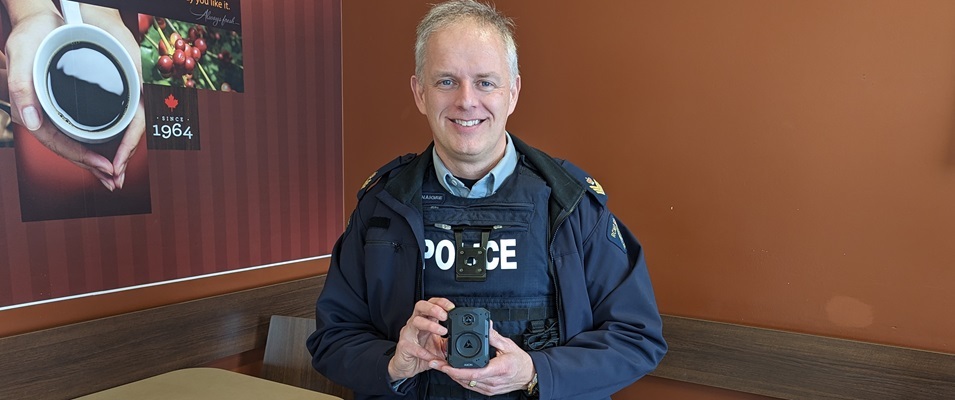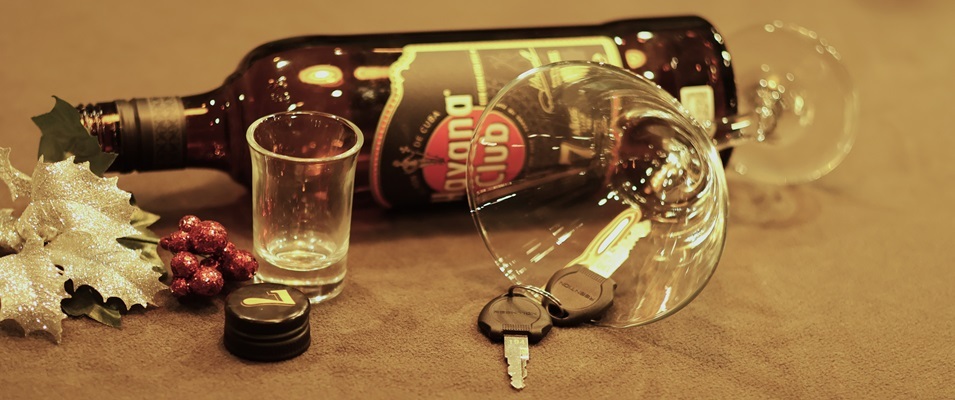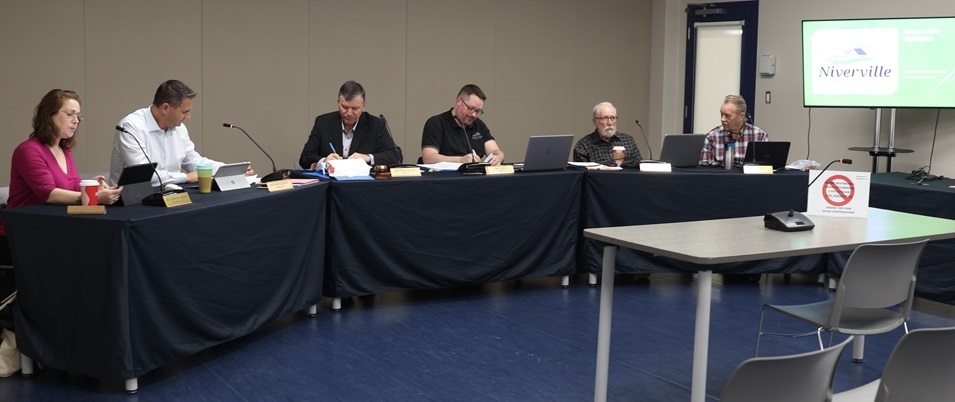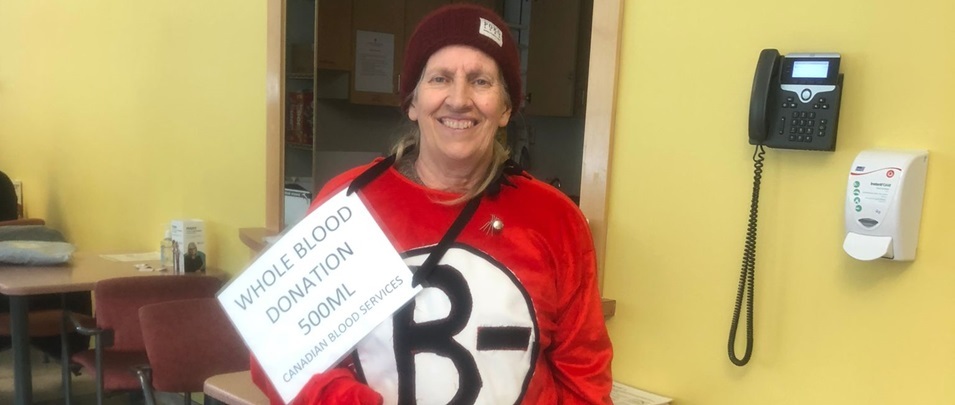
On Halloween of this year, Niverville resident Holly Rafferty saved a life—but it wasn’t the first life she’s saved. Rafferty has donated blood 100 times and plans to keep on giving.
Although Rafferty has been donating blood for a long time, she was particularly excited for the blood donor clinic being held in Niverville on October 31 since it would be her one hundredth donation and she would get to wear her fun, and extremely appropriate, Halloween costume.
Unfortunately, when the big day arrived, the weather was bad. The Canadian Blood Services (CBS) had some staffing issues and the clinic that day needed to be cancelled.
Rafferty was undaunted by these setbacks, though, and decided to head to CBS’s downtown Winnipeg home base to accomplish her goal.
“I thought, well, it’s a quieter day for me,” Rafferty says. “I want to be home at 5:00 p.m. to finish with Halloween and be ready for the kids. but other than that I think I can make it work.”
So Rafferty braved the combination of bad weather and snarled downtown traffic to donate her one hundredth pint of blood, all while wearing her Halloween costume. And she got back home in time to hand out candy to the little ones.
Rafferty’s interest in blood donation began in high school while learning about the different blood types in biology class. She also discovered that her blood type was B-negative.
According to CBS, only 1.4 percent of Canadians have B-negative blood. However, 12 percent of Canadians can receive B-negative blood, making it an especially important type to donate.
It took a few years before Rafferty met the requirements to begin donating blood, but once she started she didn’t want to stop. With the exception of occasions when she was pregnant with or nursing her three children, Rafferty kept giving.
Even during the pandemic, Rafferty made it to Winnipeg once or twice a year to donate. She admits it was very inconvenient during that time, but she powered through, knowing how much good her blood could do for someone else.
She says blood donation has become an important principle in her life.
“If it’s challenging for me, it’s challenging for many rural people,” she says. “If I can make it work and try a little harder, then I’d rather do it, just in case the next guy can’t make it work.”
According to CBS, one pint of donated blood has the potential to save three lives. And besides a little fatigue right after donating, Rafferty says that she can’t see any downsides to giving her blood.
In fact, a study published in the Journal of the National Cancer Institute found that frequent blood donors may even have lower risks of developing liver, lung, colon, stomach, and throat cancer.1
Rafferty often tells people that she will go with them to donate blood. She’s more than happy to discuss the process she’s experienced on her donation days and even walk people through their first appointment.
“I hope that when I talk about donating every four months or so that maybe people think to themselves, ‘Maybe I should try this time.’”
The next blood donation clinic in Niverville will take place on January 23.





